Loneliness After 60: Simple Tips to Feel More Connected
Getting older brings many changes — some wonderful, some challenging. One of the biggest challenges that often sneaks up quietly is loneliness. It isn’t just about being alone; it’s about feeling disconnected, even in a world full of people.
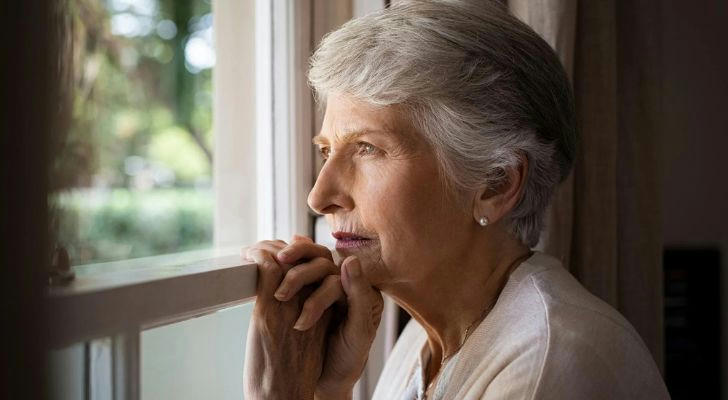
Why Loneliness Hits Harder After 60
👤 + 💭 = 💔
A report from the National Institute on Aging shows that nearly 1 in 3 adults over 60 feel lonely regularly. And it’s not just about emotions — loneliness can hurt physical health too. According to Harvard Health, loneliness can increase the risk of:
❤️ Heart Disease by 29%
🧠 Stroke by 32%
🧓 Memory Problems and immune issues
Why Does Loneliness Increase With Age?
1. Smaller Social Circles 👥
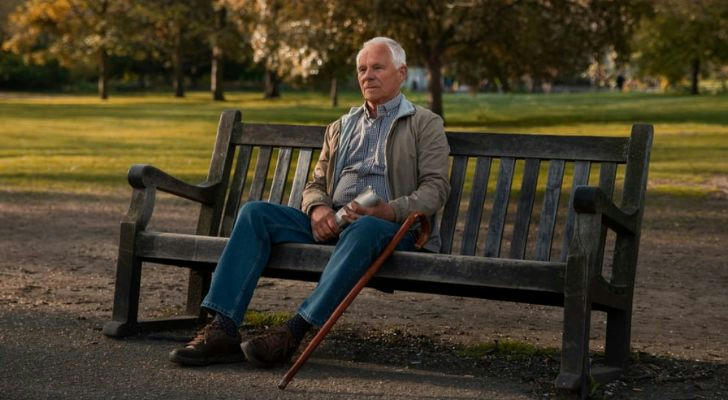
Retirement often means fewer daily interactions. No more office chats or workplace friendships, which are essential parts of social life. Without these, many older adults find it harder to keep up their social networks.
2. Health Challenges 🩺
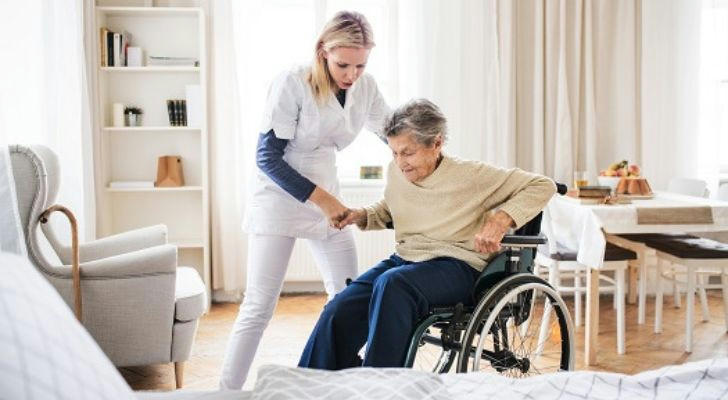
Health issues like hearing loss, mobility problems, or chronic pain can quietly push people away from social situations. The Hearing Loss Association of America found that 1 in 3 people over 65 have hearing loss, making communication more difficult.
3. Loss of Loved Ones 🕯️
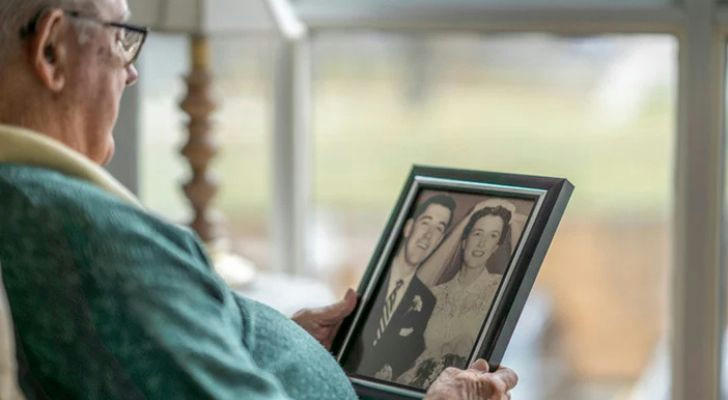
Losing close friends, siblings, or a partner creates emotional gaps that feel hard to fill. The grief of loss can make it challenging to stay socially active.
4. Technology Gap 📱❓
Modern connection tools like smartphones and video calls can feel confusing or unfamiliar. Many older adults haven't grown up with the same technology, and learning to use these tools later in life can feel like a big hurdle.
Loneliness: The Silent Health Risk
💡 Did You Know?
→ Loneliness increases early death risk by 26% — National Institute on Aging
→ Loneliness is as harmful as smoking 15 cigarettes a day — Brigham Young University Study
→ Social isolation increases dementia risk by 50% — CDC
Loneliness isn’t just a feeling — it’s a real health concern. Its effects reach far beyond emotional well-being, influencing our physical health in profound ways.
Simple Tips to Feel More Connected
1. Get Friendly With Technology 💻💬
Learning basic technology skills can open new doors for connection. Technology doesn’t have to be intimidating — start small.
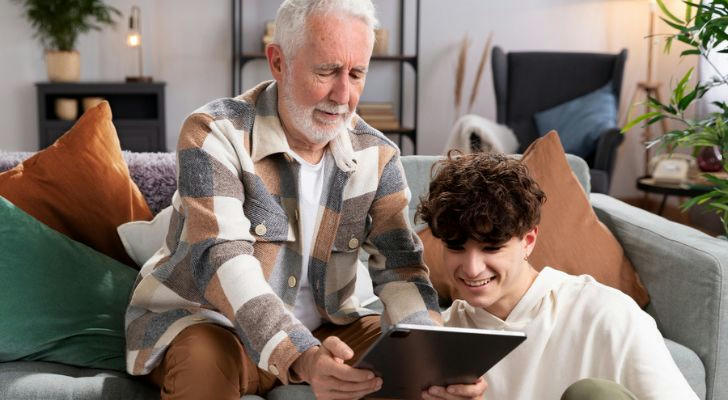
Try video calls with family to see familiar faces in real-time.
Join online hobby groups where you can interact with people who share your interests.
Explore YouTube tutorials or podcasts on topics you love — learning something new can also be a great way to stay engaged.
→ Small Steps Work Best!
Even learning to send a photo or join a video chat can brighten someone’s day (including yours). It might take a little patience, but it’s worth the effort.
2. Accept Invitations 🎉
When neighbors, friends, or church groups invite you — try to say yes. Even short meetups offer real emotional benefits.

University of Michigan research shows that just 10 minutes of social interaction a day helps improve mood, memory, and overall health. So don’t underestimate the power of a quick coffee or a brief chat.
3. Join a Local Group or Club 🌼
Being part of a group adds structure and fun to life. Look for:
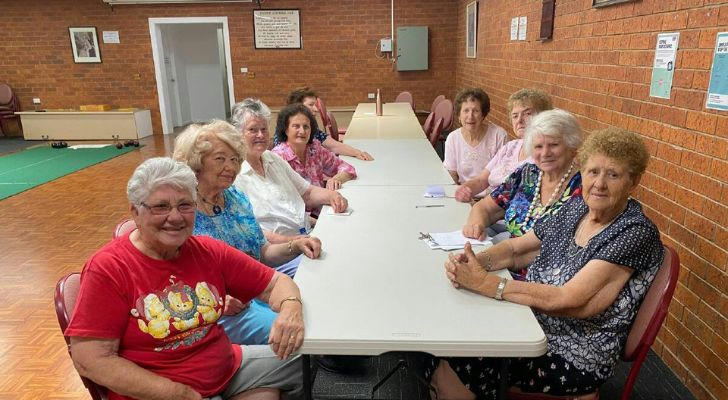
Book Clubs 📚
Gardening Groups 🌱
Senior Exercise Classes 🕺
Community Volunteering 🤝
Tip: Many libraries or community centers offer easy-entry groups perfect for beginners. Whether it’s a group for knitting, birdwatching, or volunteering, getting involved will help you form new relationships.
4. Stay Physically Active 🚶♂️🚶♀️
Walking with a neighbor or joining a walking group helps both body and mind. Plus, seeing familiar faces regularly builds connection naturally.
Research from the National Institute on Aging shows that regular physical activity not only boosts mood but also helps reduce the risks associated with loneliness, like heart disease and depression.
5. Reach Out First ☎️
Don’t wait for others to call. Text a grandchild, call an old friend, or send a birthday card. Often, others are just as happy — and just as hesitant — to reconnect.
Start the conversation yourself. You might find that others are just waiting for a little nudge to get the ball rolling.
Final Thought: Small Steps Lead to Big Changes
Loneliness after 60 is real — but it isn’t unchangeable. The key is starting small. You don’t need to completely transform your social life overnight.
✔️ Learn one new tech trick
✔️ Say yes to one invite
✔️ Join one simple group
✔️ Walk with one neighbor
Feeling connected doesn’t require a giant leap — just a few tiny, intentional steps every day. Small actions today can lead to big changes tomorrow. The road to feeling less lonely may start with a single hello or a simple step out the door.
